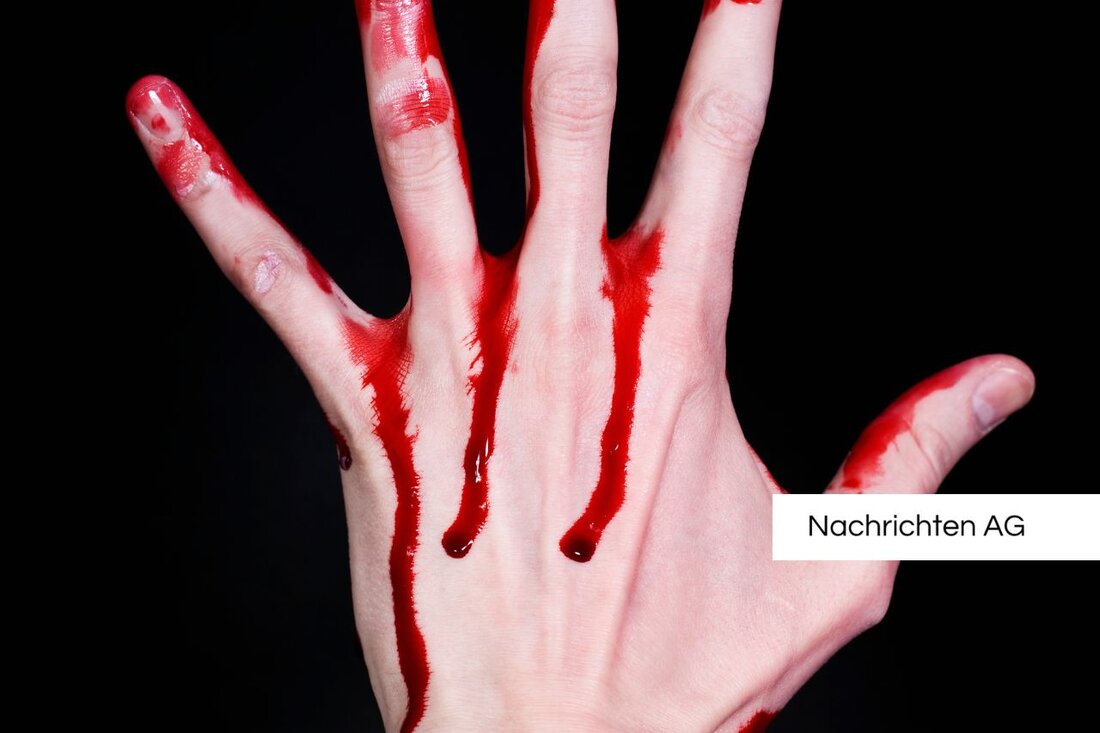Zwickau is reminiscent: Special exhibition on 80 pardoned rebels 1525
Zwickau is reminiscent: Special exhibition on 80 pardoned rebels 1525
In the priesthoods in Zwickau, visitors can expect an exciting new special exhibition entitled "1525. Peasants in the war". This will be opened on June 29, 2025 and remains open until October 26, 2025. The focus of the exhibition is on an important historical event: On July 29, 1525, unique pardoning of 80 rebels took place in Zwickau, which were convicted of death. This rare exception in the context of the German Peasant War illustrates the complexity of the situation at that time, in which bloody suppression took place elsewhere. Blick reports that…
Zwickau is therefore a unique setting for the memory of the German Peasant War, which lasted from 1524 to 1526. This uprising brought together people of various origins - not only farmers, but also craftsmen, city citizens, miners and clergymen defend themselves against social inequality and political arbitrariness. A look at history reveals that the insurgent revolutionary ideas of the Reformation processed in their demands - a time that was characterized by need and misery. [Priesthäuser notes that…] (https://www.priesterhaeuser.de/de/ exhibitions/sonder exhibition.php)
A look at the exhibition
The exhibition shows impressive originals, pilots and contemporary representations, which reflect the high emotions and conflicts of the time. A special highlight is a diorama of the Zwickau pardoning scene, made by Douglas Miller. This diorama not only represents a historical moment, but also the humanity in a time of deep upheaval. The artwork will safely touch the visitors and give them an impressive insight into the social challenges of the time. Blick emphasizes that…
Accompanying the exhibition, tours, lectures and author readings are offered. These events invite you to deeper into the topic and to better understand the historical relationships. Using concepts such as the "twelve articles" that were set up at the time, the human rights and social demands of the insurgents can be clearly understood. The German Peasant War was not only a violent conflict, but also a huge outcry after fairer living conditions in the Holy Roman Empire of the German nation. [Deutschlandfunk explains that…] (https://www.deutschlandfunknova.de/bagrung/der-deutsche-bauernkrieg-1524-stand- against social elend)
The historical context
The causes of this uprising are diverse and deeply rooted in the social injustice of the feudally characterized system. The farmers were often affected by poverty and debt, with a life that was shaped by the arbitrariness of the landowners. In the event of the nutrient death, half of the inheritance was often removed to the feudal lords, which was not only economically stressful, but also exerted enormous emotional pressure. The uprising started in 1524 and did not stop at monasteries and castles. Despite the massive social unrest, the farmers' demands were not realized for more justice until the last battle on November 4, 1525.
The special exhibition in the Museum Priesthäuser Zwickau offers an excellent opportunity for all history -interested and cultural enthusiasts to learn more about this moving section in German history. The opening will take place on June 29 at 2 p.m. and it is worth taking a look behind the scenes of this important chapter.
| Details | |
|---|---|
| Ort | Zwickau, Deutschland |
| Quellen | |


Kommentare (0)